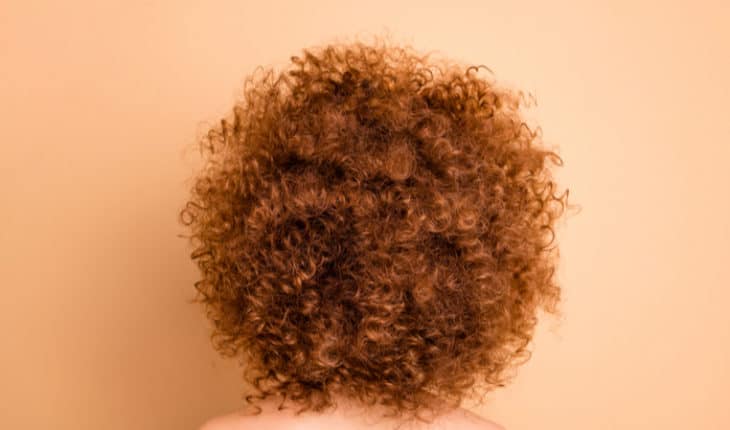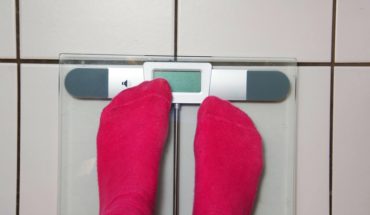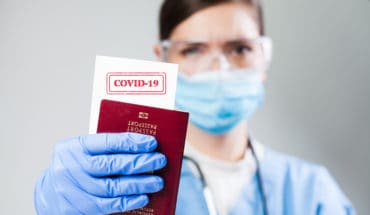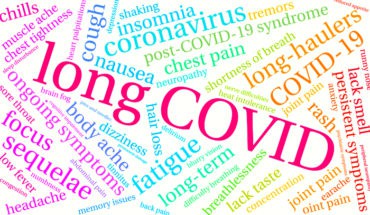One in two adults in the UK suffer with some form of hair or scalp concern – a shocking statistic, shedding light on a new and concerning impact of the third national lockdown, which has seen Trichologists prohibited from practising (with the exception of online consultations). Unlike other allied health professionals – such as physiotherapists and opticians – who are still allowed to operate, Trichology is not currently considered an essential medical service.
In response, the Institute of Trichologists is now campaigning for greater and official recognition of the medical credibility of trichology services, and as such is seeking clarity on how and when services can reopen.
Trichology is the branch of medical study and practice concerning the hair and scalp, yet its role can sometimes be misunderstood as an extension of aesthetic services such as hairdressing. Many patients are simply unaware of the potential benefits of seeking such professional and expert help.
The Institute of Trichologists – as the UK governing body for Trichology services – is committed to addressing such issues and was originally established almost a century ago to ensure good practice, patient safety, educational development and industry “answerability”. At present, the Institute has 170 members, most of whom are unable to practice during lockdown.
Worryingly, many members are reporting feedback from patients who are suffering not only from their hair or scalp condition but also the negative impact of their condition on their mental health.
“Though hair and scalp conditions may not be life limiting, they can certainly be quality of life limiting,” says Eva Proudman, Consultant Trichologist & Chair of the Institute. “There is a danger in assuming that hair and scalp problems are only cosmetic concerns when the impact of conditions such as pattern hair loss, alopecia and scalp psoriasis can be deeply traumatising and upsetting for patients. Without access to physical consultations and the ‘hands on’ assessment which is so important for diagnosis and successful treatment, we are seeing a severe and rapid deterioration in patients’ mental health during this latest lockdown, which in turn could worsen their conditions.”
In addition, since the pandemic hit, Trichologists have seen a spike in ‘Long Covid’ and stress-related hair and scalp issues (including post-COVID hair loss) making the reopening of Trichology clinics even more urgent.
As well as providing trichology training courses, the Institute of Trichologists also offers continual appraisal and development for its members and consistently participates in and responds to new research. Fundamentally, patients can see a real difference in their condition, and as a result in their mental health, after starting on a trichologist-recommended treatment course, rather than risking the more generic advice of a GP. Members of the Institute always consider a patient’s mental health when treating them and are campaigning for the introduction of a mental health assessment for all trichology patients as standard.
Hygiene and safety have always been paramount in any medical environment, and Trichology clinics are no different. Richard Spencer MIT, Clinical Trichologist at The Spencer Clinic, London and a registered member of the Institute of Trichologists is confident that trichology clinics can reopen safely during the pandemic. “Since the start of the outbreak, we have worked hard on a robust Covid-19 policy in order to protect both trichologists and patients. This includes a series of questions on arrival and during an appointment, regularly taking the temperature of staff and patients, providing hand sanitising stations and wearing masks at all times. For appointments lasting up to an hour, patients will be able to undergo a lateral flow test. For even longer sessions, patients will receive an official COVID-19 test. We take health and safety very seriously and are confident that with this policy, we can safely reopen and begin treating patients once again.”
There is little doubt that the impact of the Covid-19 pandemic has taken its toll on Trichology services. The closure of Trichology clinics means many patients are currently suffering alone, with difficult and distressing hair and scalp conditions left untreated, often leading to poor mental health. The Institute of Trichologists is therefore committed to campaigning for registered practitioners to be allowed to open and operate safely and responsibly in order to help alleviate the anxiety felt by many patients at these uncertain times.
- Gut microbiome could delay onset of type 1 diabetes - 3rd April 2025
- The da Vinci 5 Robot Is Set To Transform Bariatric Care: - 31st March 2025
- Beyond money: the hidden drivers fuelling child food insecurity - 31st March 2025






